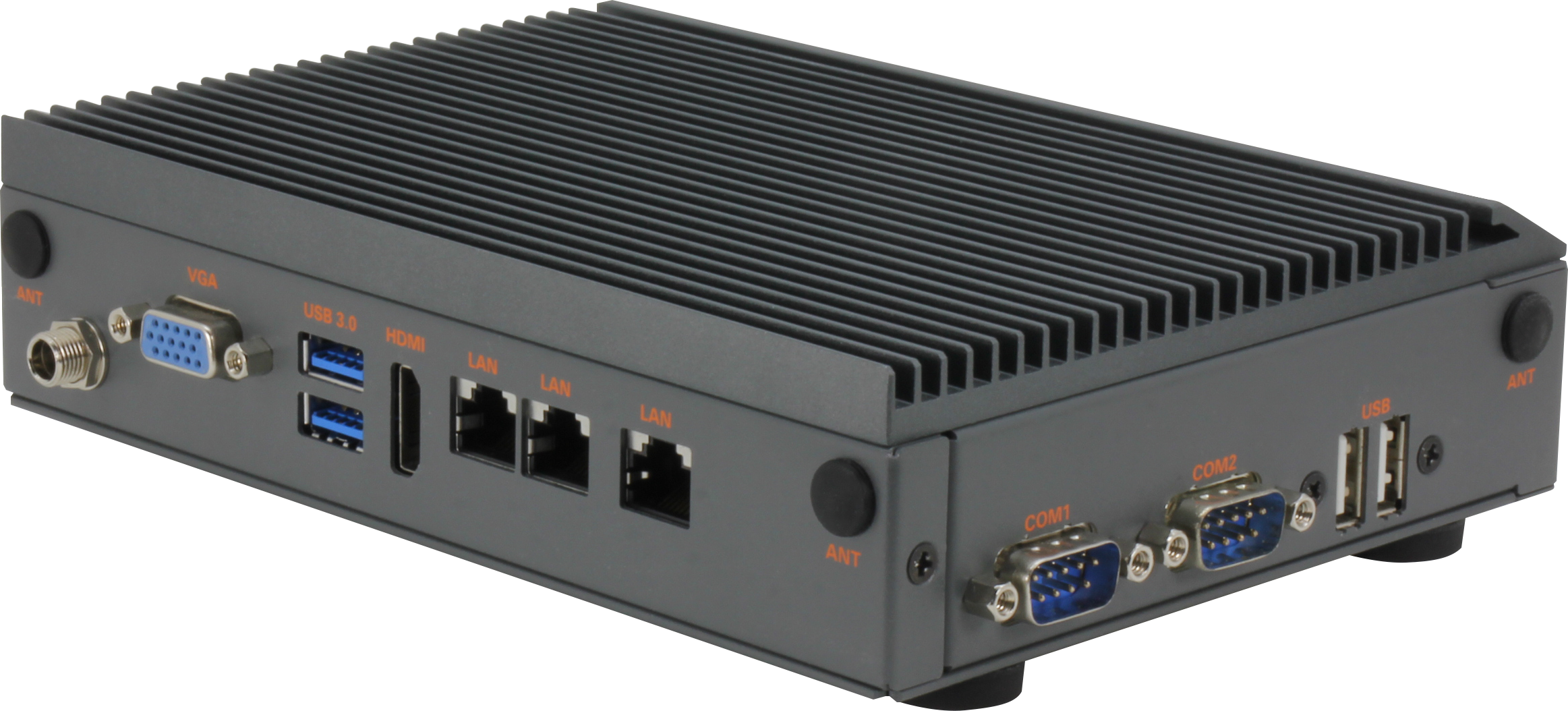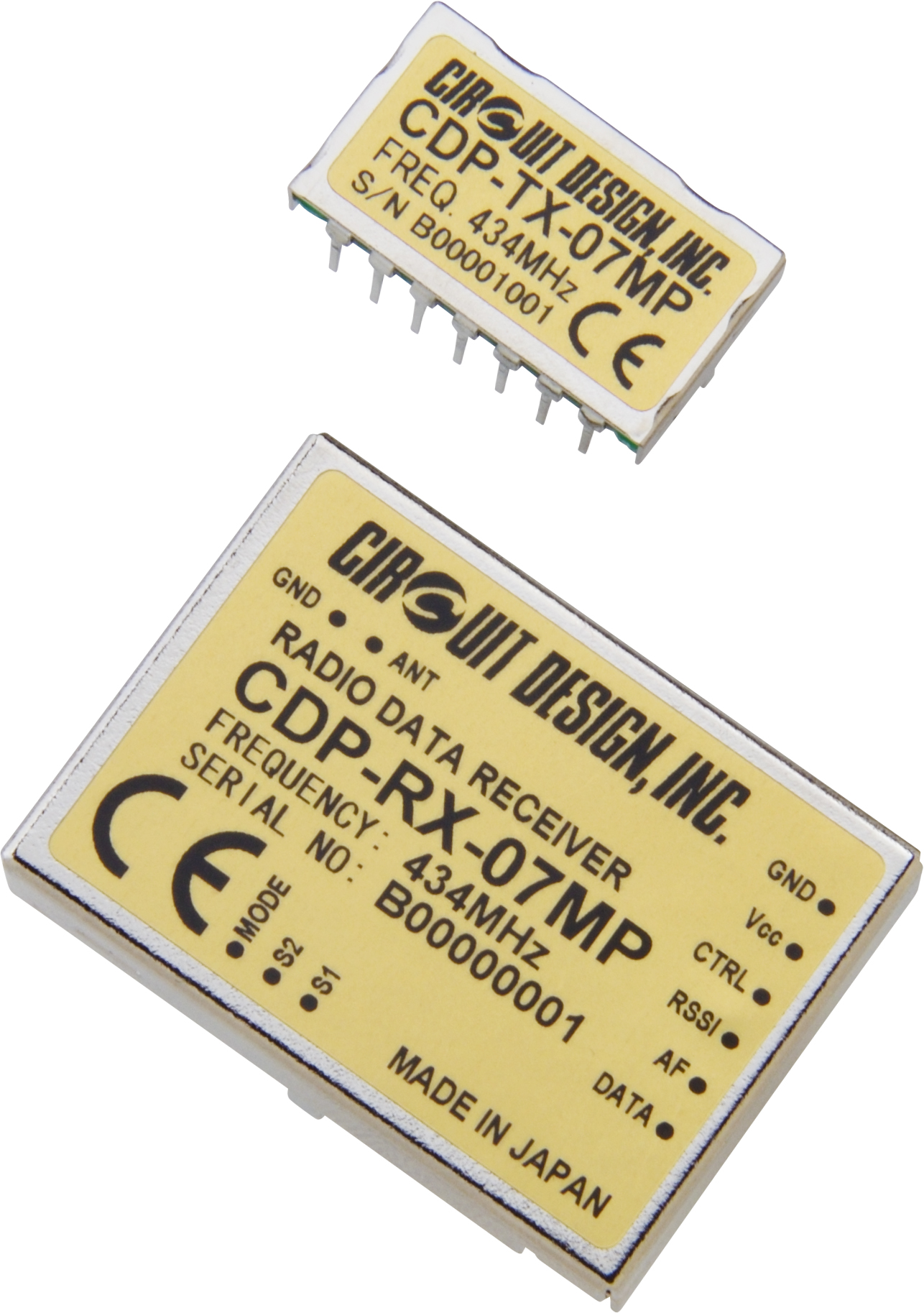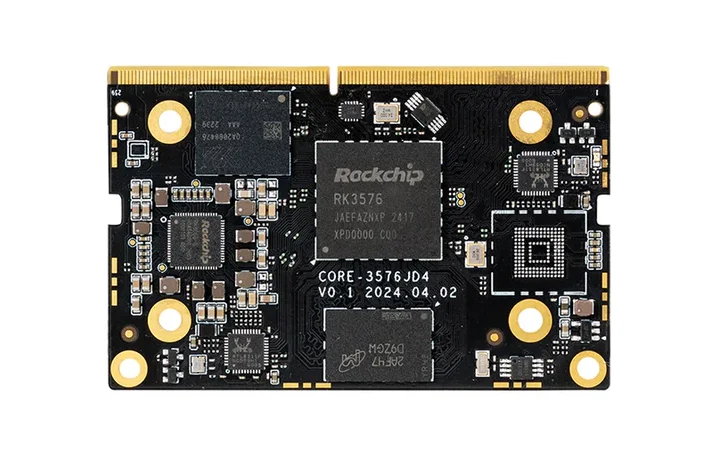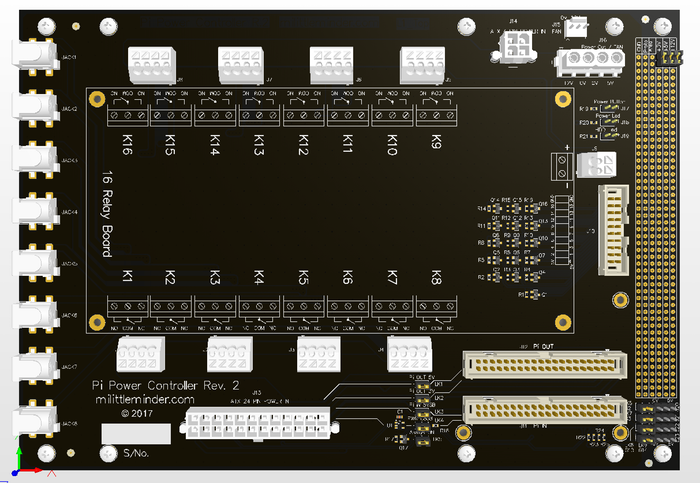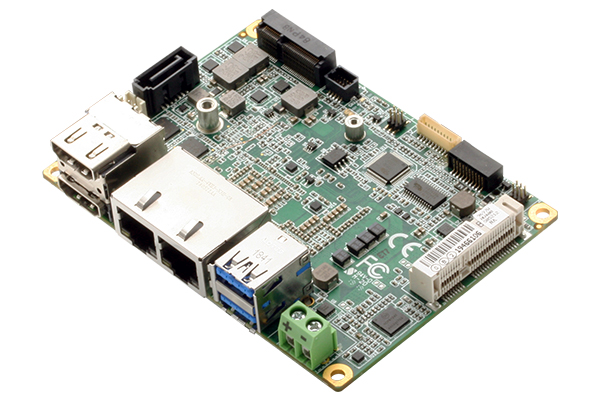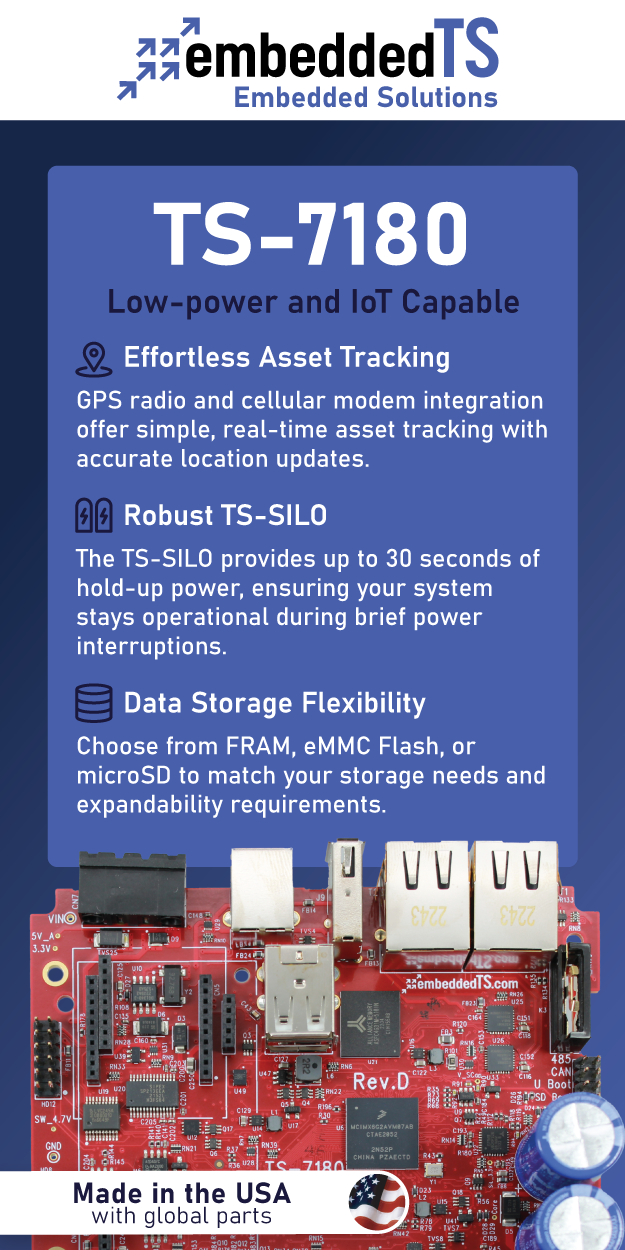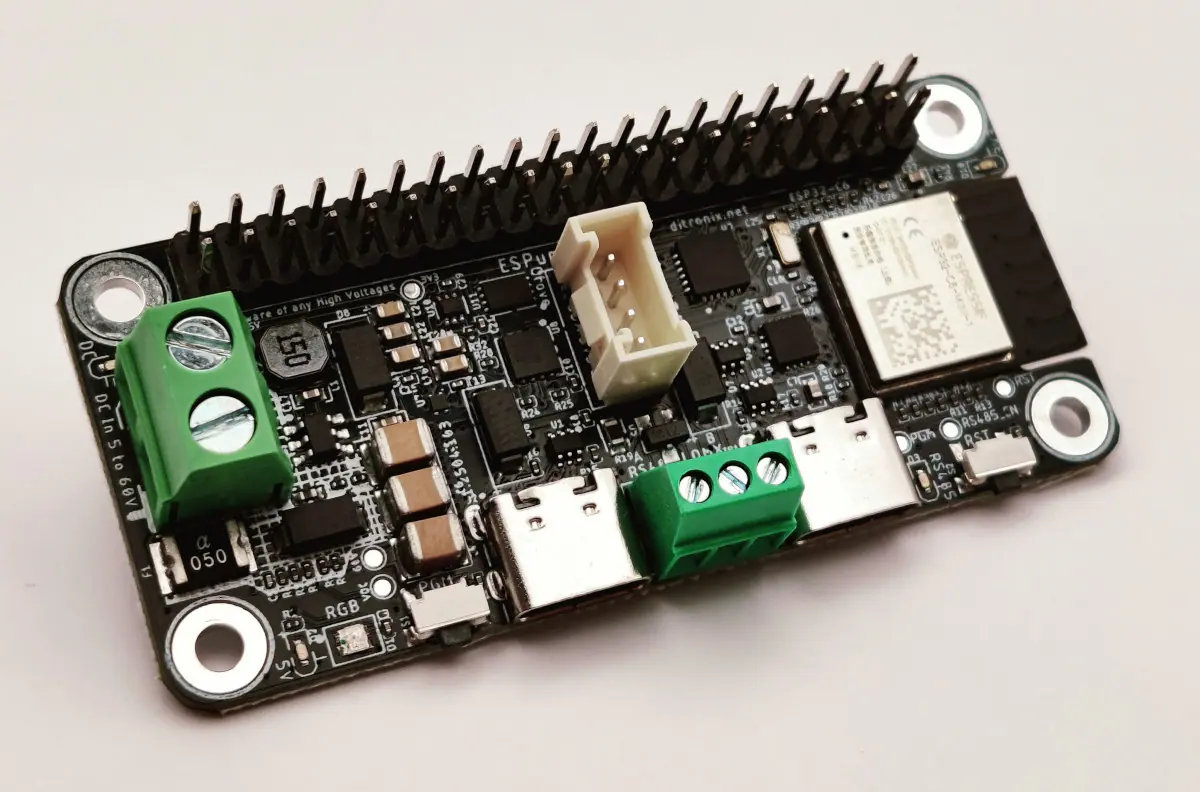
The ESPuno Pi Zero is about the same size as a Raspberry Pi Zero, with the ESP32-C6-MINI-1 wireless module. It has some wireless capabilities, including WiFi 6, Bluetooth 5.0, and 802.15.4 radio for Thread/Zigbee for smart home devices, and comes with various connection options like GPIO, Grove, and RS-485.
The ESPuno Pi Zero is powered by a small computer chip ESP32-C6-MINI-1-N4 or ESP32-C6-MINI-1U-N4 SoC that has a single-core 32-bit RISC-V processor working at speeds of up to 160 MHz. It is a compact board that packs a lot of features into a small space that can connect to wireless networks. It has dual USB-C ports, one for UART and the other for the ESP32-C6, that make it easy to program and test projects. The board’s SMPS enables it to handle a wide range of power inputs, up to 60V DC, which makes it great for industrial and smart device projects. It also has useful features like a real-time clock, a reset button, and a user button provide convenient functionality.
Specifications of ESPuno Pi Zero
- Processor:
- Single-core 32-bit RISC-V clocked up to 160 MHz
- Low-power RISC-V core
- System-on-Chip (SoC):
- ESP32-C6-MINI-1-N4 or ESP32-C6-MINI-1U-N4
- Espressif Systems ESP32-C6 single-core 32-bit RISC-V clocked up to 160 MHz 320KB ROM, 512KB SRAM, low-power RISC-V core up to 20 MHz
- Memory/Storage :
- 320KB ROM, 512KB SRAM
- 4MB flash
- 64Kbit 24C64 I2C EEPROM
- Wireless Connectivity:
- – 2.4 GHz WiFi 6, Bluetooth 5.0, and 802.15.4 radio (for Thread/Zigbee)
- USB:
- 1x USB Type-C UART (CH343P) port
- 1x USB Type-C port connected to ESP32-C6
- Expansions:
- 40-pin Raspberry Pi-compatible GPIO header via PCA9671 GPIO extender
- 4-pin Grove I2C connector
- 3-pin RS-485 terminal block with support for the DMX512 lighting standard, Modbus, and Profibus
- Power Supply:
- 5V via USB-C ports
- 5 to 60V DC
- 5V SMPS 600mA
- 3V3 LDO 700mA
- Dimensions:
- 65 x 30mm (Raspberry Pi Zero Factor)
- Misc:
- On-board RTC
- Reset and User buttons
- Power LEDs, RGB LED
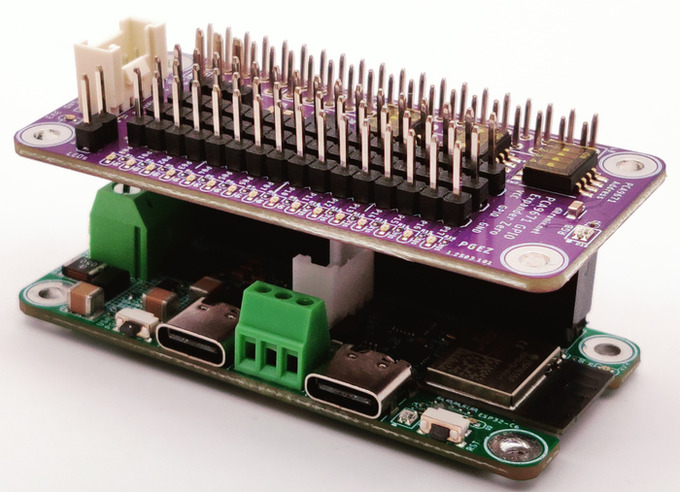
Software Support of the ESPuno Pi Zero
The ESPuno Pi Zero has a lot of software options, like Arduino, CircuitPython, ESP-IDF framework, PlatformIO, Tasmota, ESPHome and others. This means developers can pick the programming environment and framework style they like best. The board can be used for many things, like STEM education, RS485, DMX/DMX512 lighting systems, Modbus RTU control, solar energy monitoring, robotics, drones, and industrial automation.
For more information, you can visit the product page. The ESPuno Pi Zero is live on Kickstarter, launched by DitroniX, with a £1000 funding target. You can pledge £19 (about $26) for a single board with a PCB antenna or £24 (about $32) with an external antenna.






